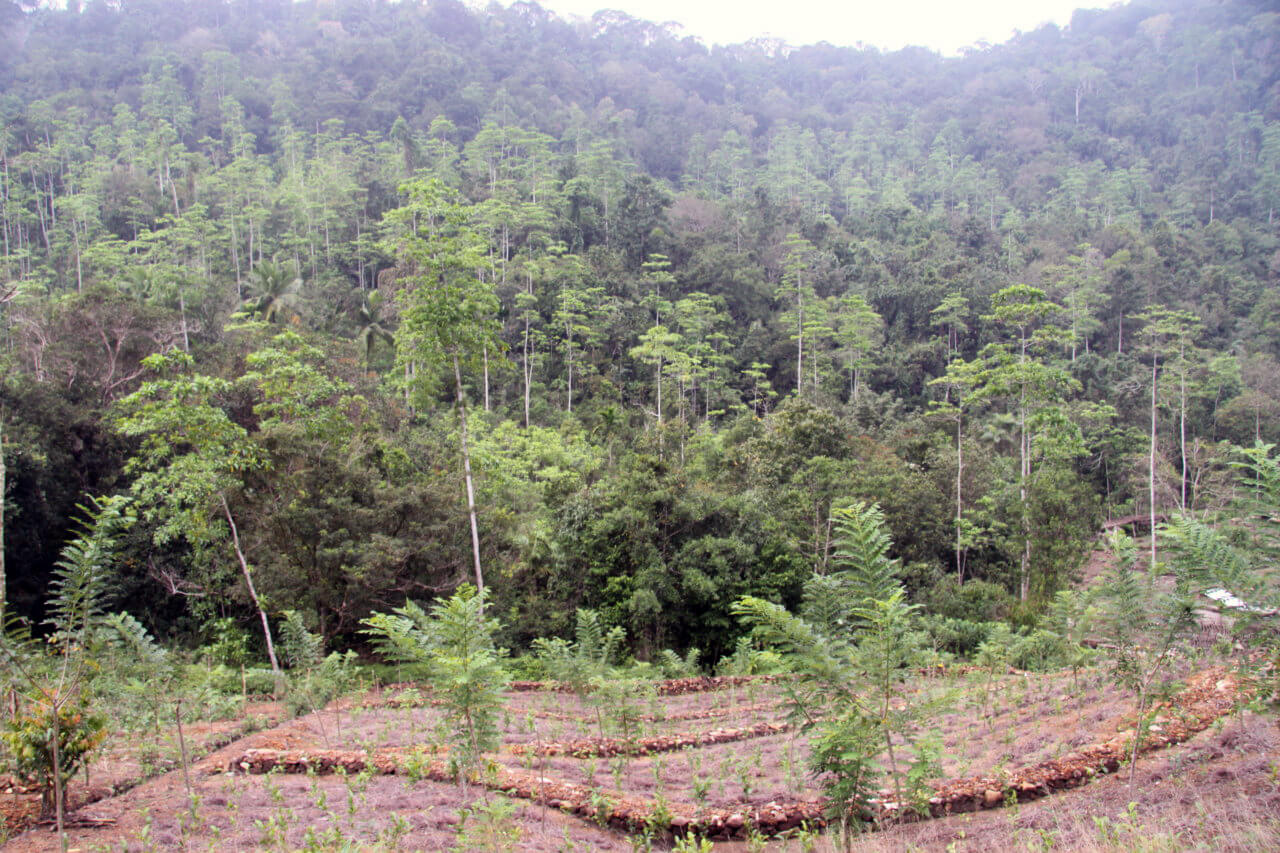By leading the push towards environmental sustainability in Sri Lanka’s world-renowned tea industry, Eswaran Brothers Exports, a third-generation family business with over five decades of history, are showing their commitment to the future.
Their initiative to pursue carbon neutral accreditation, which they achieved a decade ago, was the first of its kind in their industry globally. It was not the last, however; many others have followed their example. Taking their influence into account, with the size of the industry in their region – Sri Lanka accounts for approximately one-fifth of the global tea market – the impact of their actions is significant.
Not only did Subramaniam Eassuwaran, Vice Chairman of the family business, witness this transformation first-hand over the past two decades, but as Director of The Carbon Consulting Company, he also made it happen.
Eswaran Brothers Exports began in 1942 when Subramaniam’s grandfather opened a grocery store, which also sold Ceylon tea to local consumers. This continued unchanged until 1963 when Subramaniam’s father started exporting the tea to Kuwait. As the business expanded and the demand increased, the Eswaran family decided to invest in plantations – an unprecedented transition for the industry, but one that paid off. By integrating production into their model, Eswaran Brothers Exports solidified their global reputation as a reliable source of quality Ceylon tea.
Some businesses would have stopped there. However, Eswaran Brothers, now in control of their product, felt responsible to raise the bar even higher.
For the past decade, the company has held the title for the most sustainable tea producer in the world. By building sustainability into the core of their business through what they describe as a “cradle-to-grave” zero-emissions policy, Eswaran Brothers Exports guarantees their products have a net-positive carbon footprint.
Recently, Tharawat Magazine sat down with Subramaniam Eassuwaran to discuss his journey in the tea industry, how his family business came to prioritise sustainability and the impact of climate change on the tea industry as a whole.
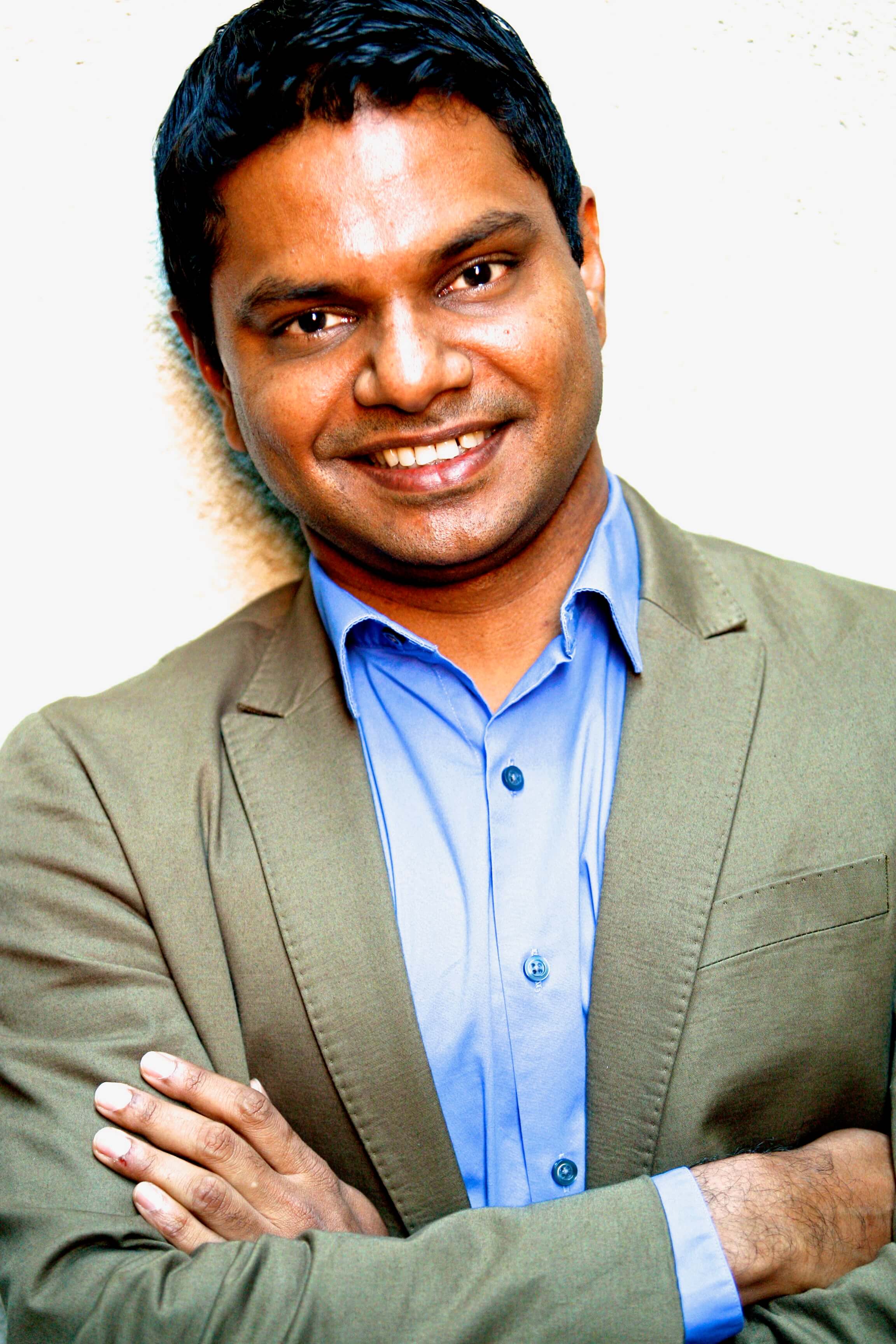
You started your journey as a tea taster. What does that entail?
After water, tea is the second-most-consumed drink in the world. It holds significance in many different cultures. Japanese people, for example, have traditional tea ceremonies. In India, you have the chaiwallah; and high-tea is a royal English tradition. Consequently, there are thousands of different types of tea, and each is suited to a specific market. For instance, Russian people tend to prefer leafy, slightly smoky teas, whereas Japanese people usually favour aromatic tea grown high in the mountains.
Therefore, to become a qualified tea taster, you have to know its cultural significance as well as regional preferences and tasting profiles; it’s as much an art as it is a technical skill.
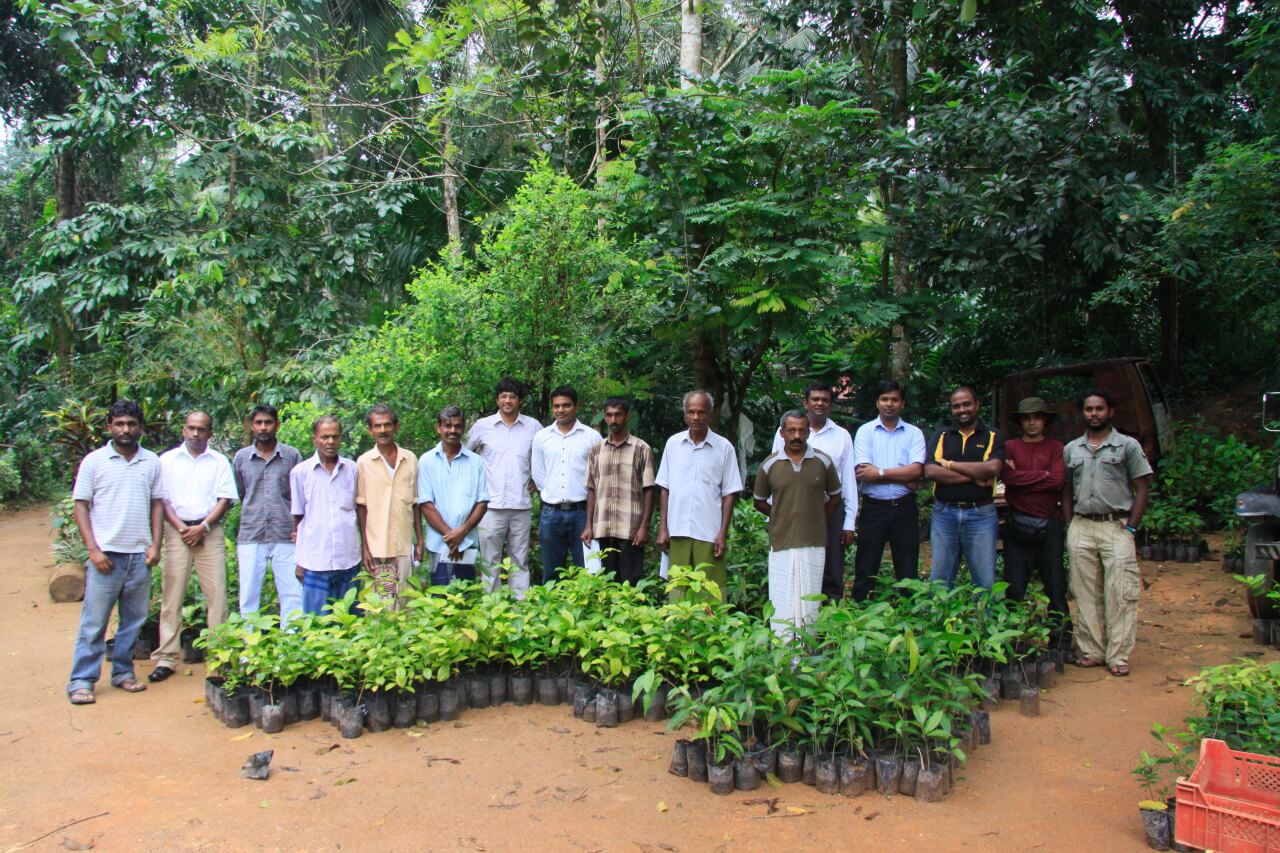
How has the tea industry changed over the last five decades?
We’ve gotten closer to consumers, in general. Years ago, tea would be grown, plucked and processed in Sri Lanka, then shipped straight to the UK where it was sold at auction. At that time, the country was called Ceylon, and its tea was considered to be one of the finest in the world.
However, my father, who was the first person in the family to get a business management degree, realised that most of the tea being auctioned in the UK went on to be branded and sold in shops and supermarkets at a much higher price. In looking to get as close to the end consumer as possible, my father made Eswaran Brothers Exports one of the first companies in Sri Lanka to buy tea packaging machines that put the tea into teabags for export.
Not only was my father’s strategy successful in terms of growing the business, but it also proved to be instrumental in transforming Sri Lanka from a country full of plantations to a large-scale producer of some of the finest tea in the world.
“…we’re a family who cares deeply about the world around us and wants to have a positive environmental impact.”
What made you push for carbon neutrality in your products?
Over the past 20 years, competition in the tea industry in Sri Lanka has increased. Differentiation has become a challenge. Therefore, in 2008, we re-examined our core values and realised that what sets us apart from our competition is that we’re a family who cares deeply about the world around us and wants to have a positive environmental impact.
We looked at ways to reinvent the business over the following decade and eventually set ourselves the ambitious goal of becoming the most sustainable tea company in the world. However, we first needed to establish procedures that would allow us to study our impact on the environment. To that end, we set up an environmental management system and acquired ISO 14001 certification.
Since then, a significant part of the journey towards carbon neutrality has been trying to understand our impact through emissions. That includes where we buy materials, what kind of waste is generated, what kind of materials are used and how the community is impacted by our actions in general. We’ve been successful so far – September 2020 will be the 10th anniversary of our carbon neutrality.
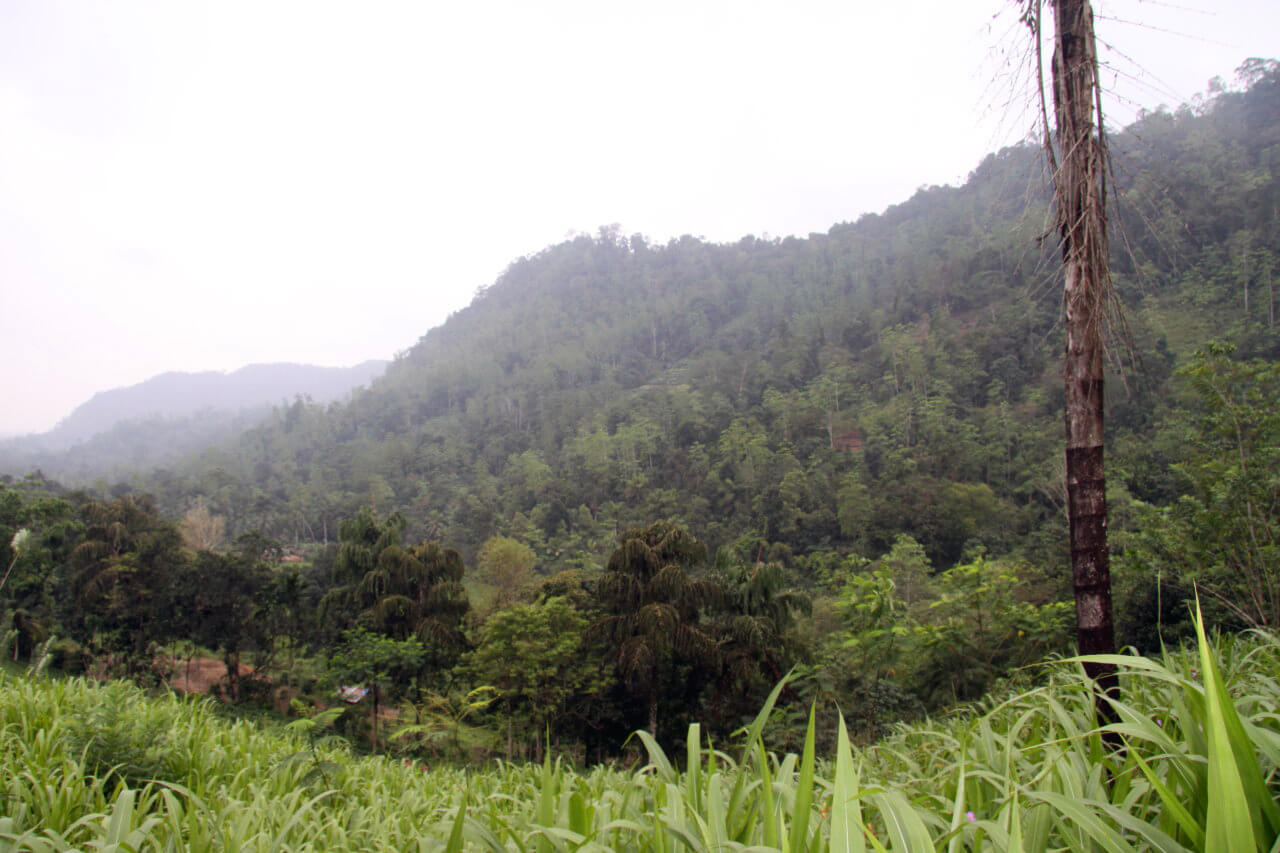
Carbon neutrality is a revolutionary idea. Was there any resistance to this initiative within the family?
Eswaran Brothers Exports is a very conservative family business, and for some members of the family, carbon neutrality seemed like a risk. There were some questions and doubts, specifically regarding return on investment. Once we were able to demonstrate the business potential, however, it wasn’t too difficult to convince the rest of the family and the board.
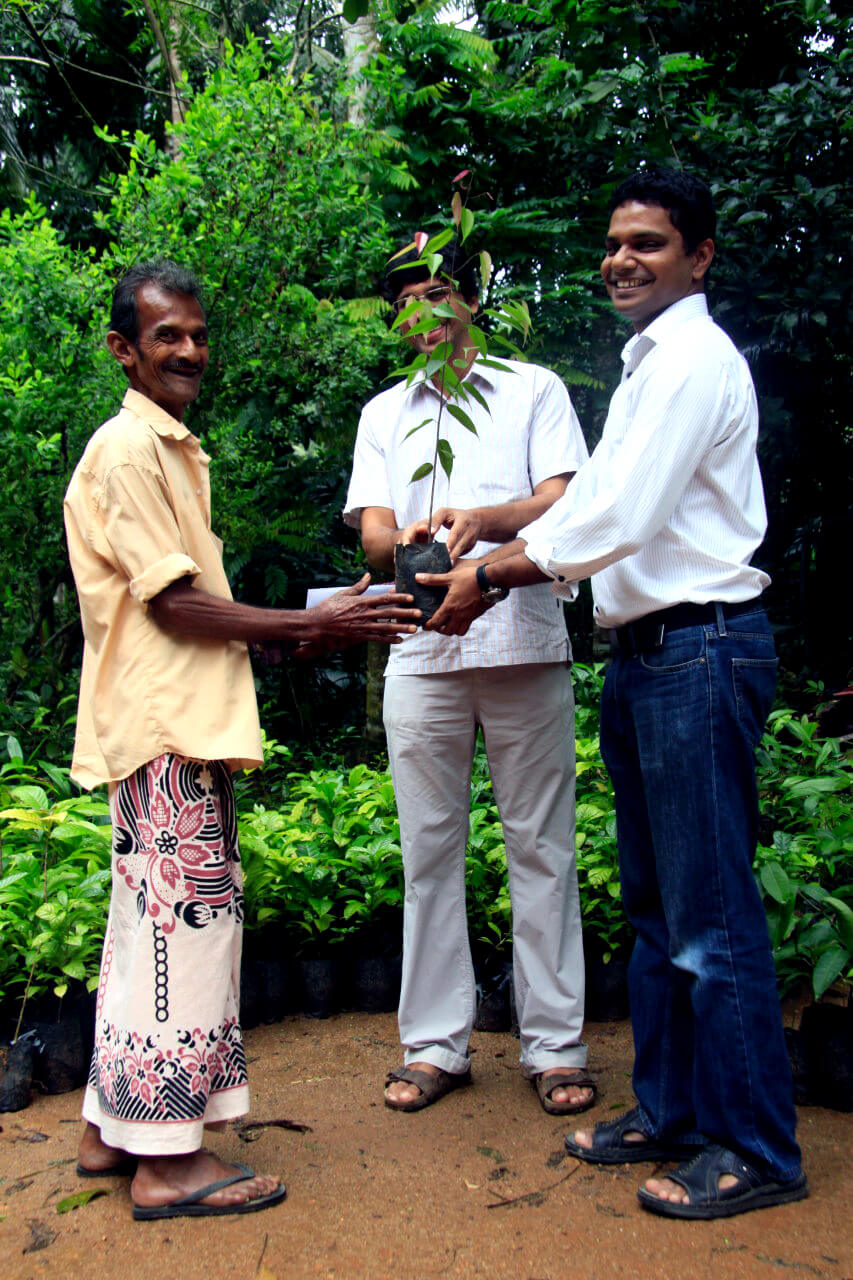
Has carbon neutrality led other opportunities for the business?
During the initial stages, I realised that many other Sri Lankan businesses are interested in carbon neutrality but don’t have the capability to measure their impact on the environment. To answer this demand, we established a carbon consulting company to help start the sustainability metrics conversation in Sri Lankan boardrooms. In this sense, carbon neutrality has opened up opportunities for our business by allowing us to play a role in the wider context of environmental sustainability across industries and throughout the country.
Another positive outcome is our ability to use carbon neutrality as a way to connect with both businesses and customers internationally. For example, in calling Marks & Spencer in the UK and telling them that we are the first carbon-neutral tea producer in the world, we have an advantage when asking for a meeting. Whether we end up getting the business or not, it opens doors because people are curious.
[ms-protect-content id=”4069,4129″]
How is climate change affecting your industry?
The seasons have changed in recent years, and it seems like we always have either too much or too little rain. Unpredictable weather has a tremendous impact on tea growth, as well as the production process.
As an industry, we have to decide where to plant tea for the future because climate and environment determine the flavour profile. The fact that these elements have changed over the last ten years – and that the pace of change will likely accelerate – makes our decisions difficult.
“Change happens when a committed CEO has support from the board and can see beyond their particular industry or market. These factors rarely line up outside of family businesses.”
Does your family’s commitment to sustainability make family business continuity even more important?
Absolutely – as a family business, it’s easier to keep promises. This is something I see in my other work as the head of an environmental consulting company as well. When it comes to the long term, family businesses are more likely to try and find or contribute to solutions than their non-family peers.
Change happens when a committed CEO has support from the board and can see beyond their particular industry or market. These factors rarely line up outside of family businesses.
When it comes to addressing climate change and other environmental concerns, where does the responsibility lie?
It lies with every one of us as individuals. In Sri Lanka, erosion is rampant, a tremendous amount of plastic chokes our oceans, and we are experiencing more floods than ever before. It’s easy to say that there’s nothing we can do because we’re a small island, but we need to step up now to save the natural abundance that defines us.
Businesses, too, must enter the conversation and take action. Eswaran Brothers Exports is a business that offers solutions rather than placing responsibility elsewhere. By positioning ourselves as the most sustainable tea producer in the world, and continuing to reduce our carbon footprint and energy usage, we’re doing just that.
[/ms-protect-content]


